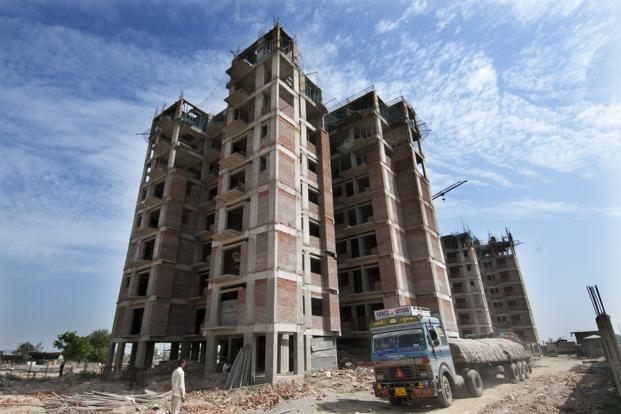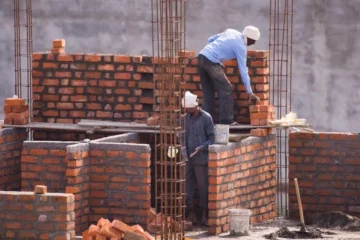
New Delhi: The goods and services tax (GST), cleared by the Rajya Sabha on Wednesday, is expected to benefit the real estate industry, though the impact will depend on the final GST rate.
“The enactment of this law will single-handedly solve many of the challenges faced by the real estate sector and help in pulling the sector out of its long slumber,” said Parveen Jain, president of the National Real Estate Development Council, an autonomous industry body under the ministry of housing and urban poverty alleviation.
The real estate industry contributes about 7.8% to India’s GDP and is the second-largest employment generator after the IT industry.
However, the direct impact of GST on real estate, in terms of tax outflow for developers and consumers, will depend on the final GST rate.
“It will be important to see what the final rate of GST would be because if the rate is higher than the existing cumulative taxes, it will certainly be a dampener as it will increase the final cost for buying an under-construction flat and defeat the purpose of the bill,” said Neha Hiranandani, director, House of Hiranandani, a property developer based in Mumbai.
Also Read: One nation, one tax as GST bill clears Rajya Sabha
After a majority of states approve the constitutional amendment, Parliament will need to pass another bill to implement the tax. Finally, a GST council made up of federal and state officials will decide the overall rate, which may vary for different goods.
“While it is still too early to definitively predict the bill’s impact on the real estate sector, we can expect the sector to benefit in the long term on account of rationalisation in tax-related compliance and slated gains in related sectors such as cement, steel, IT and BFSI (banking, financial services and insurance),” said Anita Arjundas, chief executive of Mahindra Lifespace Developers Ltd.
“Under GST, developers would see lesser burden of tax on input items like cement, and steel, as tax credits would be available for set off at various stages. This can lead to lower construction costs for developers across all asset classes, which could likely be passed on to property buyers,” said Anshul Jain, managing director for India at Cushman & Wakefield, a property consultant.
However, the fact that the stamp duty payable on property is not subsumed in the GST could prove to be a dampener for buyers.
[Source:- Live ment]




